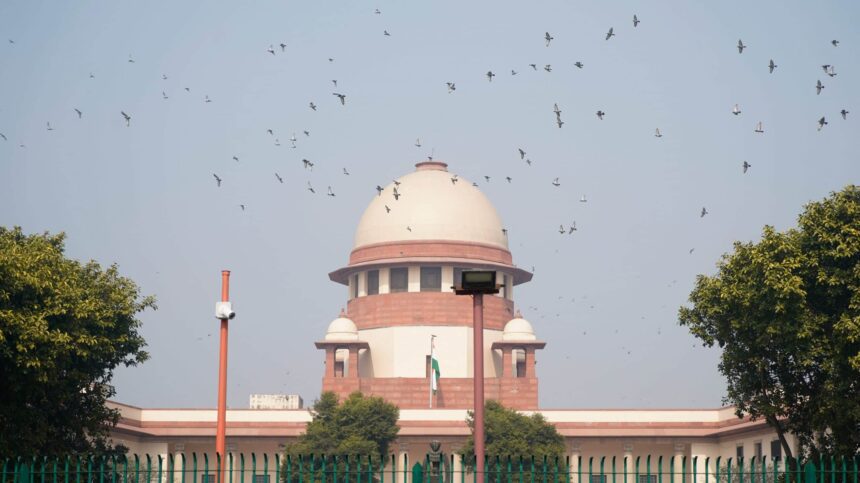The Supreme Court has set aside the arrest and remand of three individuals booked under the Unlawful Activities (Prevention) Act (UAPA) and the Indian Penal Code (IPC), after finding that the authorities failed to comply with the mandatory requirement of furnishing “written” grounds of arrest.
A bench comprising Justices M.M. Sundresh and Vipul M. Pancholi overturned a Madras High Court judgment which had held that serving a remand requisition report containing the grounds of arrest fulfilled the requirement under Section 43B of the UAPA.
“Suffice it to state that an explanation by the Court before whom the arrestees are produced can never be an adequate compliance of furnishing the grounds of arrest at the time of securing an accused,” the bench observed, setting aside the High Court’s order upholding the arrests.
The Court ruled that merely explaining the grounds of arrest during the remand proceedings, even if reflected in the remand order, does not amount to compliance with Section 43B.
The case arose from a plea filed by individuals arrested by the National Investigation Agency (NIA).
One of the petitioners was alleged to be a leader of the Hizb-ut-Tahrir (HuT) organisation and accused of using his YouTube channel, “Dr Hameed Hussain Talks”, to incite youth to establish Islamic rule and overthrow India’s democratic government. They were charged under Sections 153A, 153B, 120B, and 34 of the IPC, along with Sections 13 and 18 of the UAPA.
Challenging their arrest, the petitioners argued that they were never provided with the written grounds of arrest, either at the time of being taken into custody or afterwards.
The NIA contended that the grounds were explained during the remand hearing and that a copy was later shared with their counsel.
Rejecting the agency’s argument, the Supreme Court referred to its earlier rulings in which all of which underscore that providing written grounds of arrest is a mandatory safeguard.
“In such view of the matter, we are inclined to hold that the present appeal deserves to succeed only on the ground that the mandate of furnishing the grounds of arrest at the time of securing the appellants has not been complied with,” the bench said.
While quashing the Madras High Court’s order and setting aside the arrests and remand, the Court clarified that the authorities are at liberty to proceed in accordance with the law and make fresh arrests if a valid case is established.
The post SC voids UAPA arrests for not furnishing written grounds appeared first on Maktoob media.










